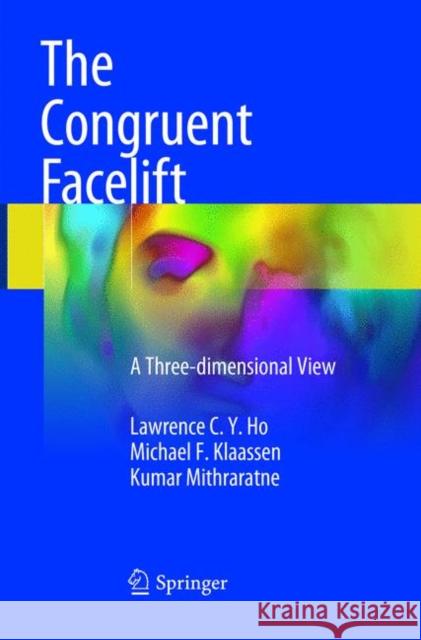The Congruent Facelift: A Three-Dimensional View » książka



The Congruent Facelift: A Three-Dimensional View
ISBN-13: 9783319887128 / Angielski / Miękka / 2019 / 131 str.
The Congruent Facelift: A Three-Dimensional View
ISBN-13: 9783319887128 / Angielski / Miękka / 2019 / 131 str.
(netto: 517,55 VAT: 5%)
Najniższa cena z 30 dni: 520,46
ok. 16-18 dni roboczych.
Darmowa dostawa!
"This is the authors' take on supporting various pillars of the face using permanent loop sutures along with the application of micro-fat grafts. ... The authors' view of facial support systems will be helpful to facial surgeons interested in alternative face-lifting techniques. ... will benefit those interested in the history, anatomy, and techniques discussed." (Jeffrey S. Rosenthal, Doody's Book Reviews, May, 2018)
History and classical two-dimensional anatomy.- Clinical three-dimensional anatomy.- Biomechanics of the three-dimensional face.- Operative procedures.
Lawrence C. Y. Ho graduated with an MBBS from the University of Sydney in 1965. He qualified FRCSE in 1971 and FRACS in 1974 and received his plastic surgical training at Stoke Mandeville Hospital in the UK and microsurgery training at Prince of Wales Hospital in Sydney. Dr. Ho was a leading cosmetic surgeon based in Macquarie Street, Sydney. Since 1993, he has worked with patients who were undergoing peels and laser skin resurfacing. The research and his personal passion for skin rejuvenation led Dr. Ho to create his unique brand, the Mayerling Skin Renewal System™. He also developed and published the first Endoscopic Augmentation Mammaplasty. He has received numerous accolades and awards, and was nominated a "Leading Scientist of the World 2005" by the International Biographical Centre in Cambridge, England for his contributions in the area of Innovations in Plastic Aesthetic Surgery.
1997-2026 DolnySlask.com Agencja Internetowa
KrainaKsiazek.PL - Księgarnia Internetowa









